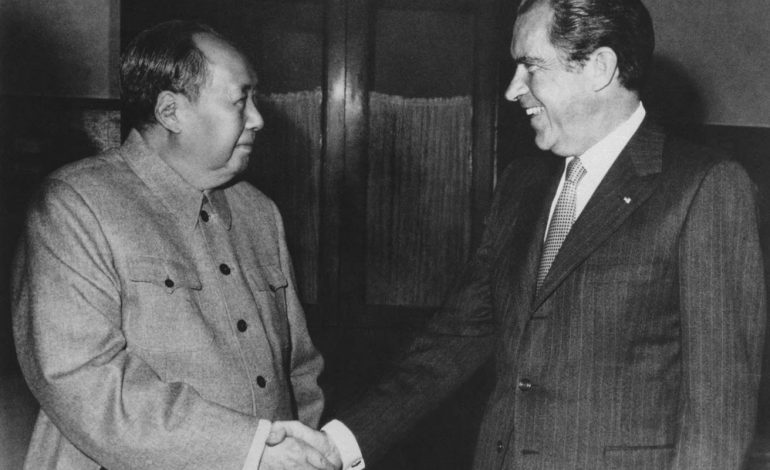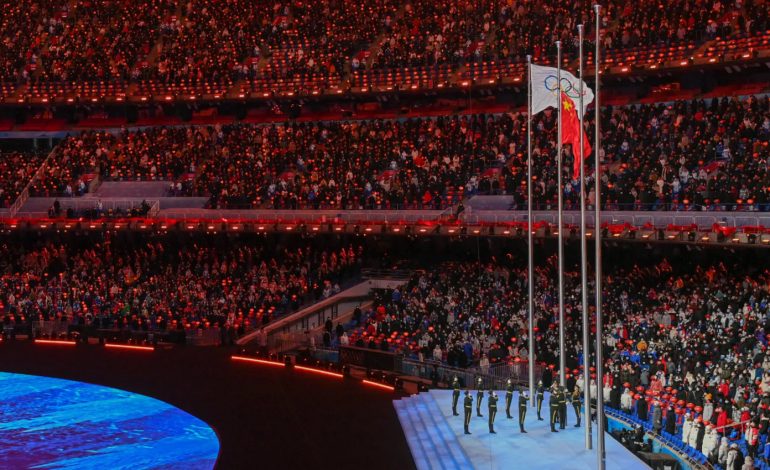
China was a brutal communist menace. In 1972, Richard Nixon visited, anyway.
By Michael E. Ruane
20 February 2022
EXCERPT
Nixon’s national security adviser, Henry Kissinger, who had secretly helped arrange the visit, was a key figure there.
So was Nixon’s White House chief of staff, H.R. Haldeman, who meticulously stage-managed events but would be disgraced along with Nixon in the Watergate scandal, which began to unfold four months later.
To impress the Americans, the Chinese set up fake outdoor scenes of picnickers with transistor radios. But after the VIPs had moved on, officials went around and collected all the radios, MacMillan wrote. And the picnickers were taken away on trucks, ABC’s Ted Koppel said later.
The trip was a blockbuster of a story, especially for television, which beamed back images of a country that had been hidden from the world for almost a quarter-century.
And it constituted a massive thaw in the Cold War.
Chinese premier Zhou Enlai offered first lady Pat Nixon a gift of two giant pandas, which ended up at the National Zoo in Washington. (The United States gave China two musk oxen in return.)
The president asked for the release of a CIA agent, John T. Downey, who had been taken prisoner 20 years before when his plane was shot down during the Korean War. Downey was freed the next year.
The Nixons went to the Great Wall, and the president said that only a great people could have constructed it.
There were toasts and banquets. Nixon had practiced using chopsticks. (One set he used was later filched as a souvenir by a Canadian reporter.)
China had been hostile and closed to the West for 23 years, exporting radical ideology even as it seethed internally.
“People of the world,” Mao had declared in 1964, “unite and defeat the U.S. aggressors and all their running dogs!”
“Monsters of all kinds shall be destroyed,” he said.
No American president had ever been to China. The United States refused to recognize the country’s communist government. There were few diplomatic contacts and scant business ties.
China “was the darkest, most mysterious part of the Communist empire,” Nixon aide Dwight Chapin recalled.
Nixon had accused China of spreading “insurrection, rebellion and subversion in every free country in Asia.”
“What do the Chinese Communists want?” he had asked. “They want the world.”
But now both sides wanted to talk.


